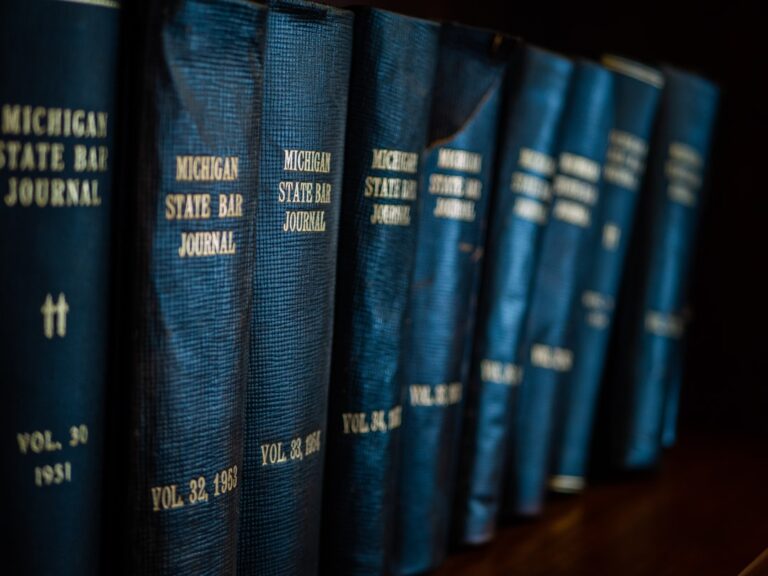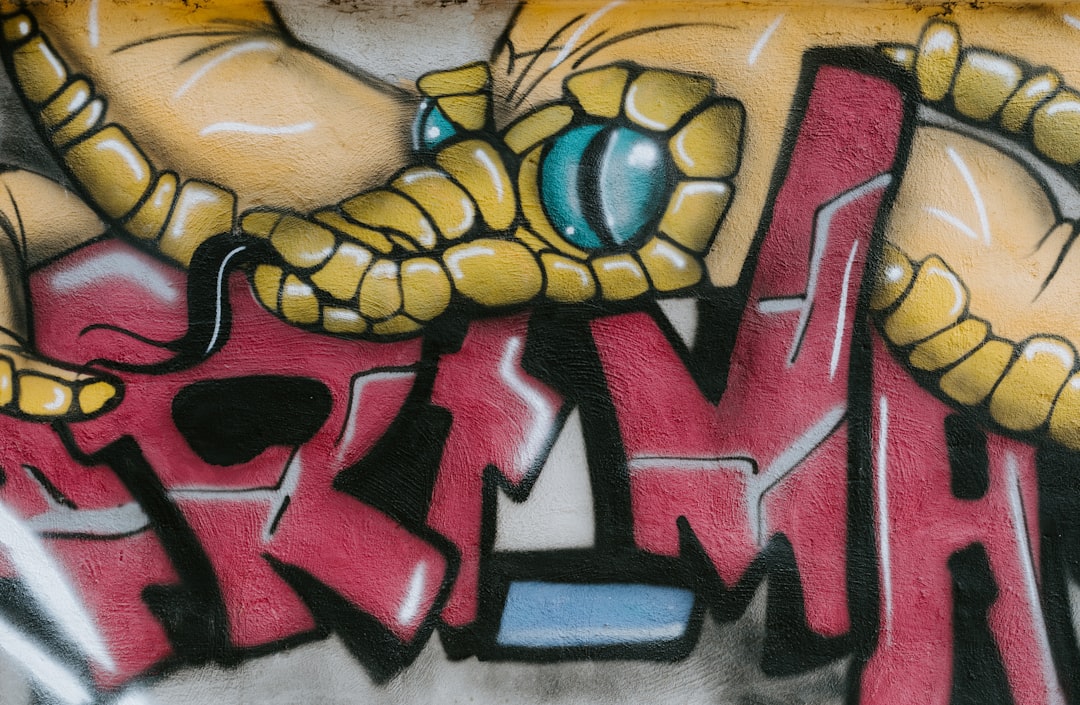Child abuse lawyers in Illinois are integral to Restorative Justice practices, focusing on healing and reconciliation in child abuse cases. They balance legal advocacy with fostering open communication, community involvement, and repairing harm, aiming to prevent future incidents. By employing methods like mediation, these lawyers promote accountability, encourage healthy relationships, and contribute to the long-term well-being of all affected parties.
In the pursuit of justice and healing, especially in cases of palatine child abuse, Restorative Justice (RJ) emerges as a transformative approach. This article delves into the application of RJ in Illinois, focusing on its legal framework and the pivotal role played by child abuse lawyers. We explore the benefits and challenges of implementing RJ, highlighting its potential to revolutionize how such cases are handled. By understanding these considerations, we contribute valuable insights for child abuse lawyers in Illinois.
Understanding Restorative Justice in Child Abuse Cases

Restorative Justice is an approach that aims to heal and repair the harm caused by child abuse, focusing on the well-being and participation of all affected individuals. Unlike traditional punitive measures, it emphasizes accountability, reconciliation, and a return to community for both the perpetrator and the victim. The process involves facilitated meetings where parties share their stories, express feelings, and collectively explore ways to address the trauma. This method is gaining traction in Illinois as an alternative to criminal prosecution for child abuse cases.
Child abuse lawyers in Illinois play a crucial role in navigating this complex landscape. They must understand Restorative Justice principles while advocating for their clients’ legal rights. By facilitating communication and collaboration, these attorneys help build bridges between victims, offenders, and the community, fostering an environment where healing can begin. This approach offers a promising path toward justice, reconciliation, and the ultimate goal of preventing future abuse.
Legal Framework for Restorative Practices in Illinois

In Illinois, the legal framework for restorative practices in child abuse cases is guided by a combination of state laws and court decisions. The primary focus is on healing and reconciliation, with an emphasis on involving all affected parties—the victim, the perpetrator (often a minor or dependent), their families, and community members. Restorative justice programs aim to address not just the legal consequences but also the underlying causes of abuse, fostering an environment that promotes understanding, accountability, and closure.
A child abuse lawyer in Illinois plays a pivotal role in navigating this framework. They ensure that restorative processes comply with state regulations and judicial guidelines, advocating for practices that prioritize victim empowerment and community involvement. By integrating restorative justice principles into their legal strategies, these attorneys can help facilitate meaningful discussions and collaborative problem-solving, ultimately contributing to more positive outcomes for all involved—a stark contrast to the traditional adversarial system often associated with criminal law.
The Role of Child Abuse Lawyers in Restorative Justice

Child abuse lawyers in Illinois play a pivotal role in restorative justice practices within palatine child abuse cases. These legal professionals are not merely advocates; they are facilitators, ensuring that all parties involved—victims, offenders, and families—have a voice and a chance to heal. Restorative justice focuses on repairing the harm caused by criminal offenses, promoting reconciliation, and restoring community trust, which is especially crucial in child abuse cases where trauma can have lasting impacts.
A child abuse lawyer in Illinois guides clients through the restorative justice process, helping them understand their rights and options. They navigate complex legal systems, ensuring fair treatment while advocating for the best interests of the child. By employing alternative dispute resolution methods like mediation, these lawyers foster open communication, encourage accountability, and support the development of healthy relationships, ultimately contributing to the long-term well-being of the affected individuals and communities.
Challenges and Benefits: Implementing Restorative Justice in Palatine

Implementing Restorative Justice in Palatine presents both challenges and benefits, especially in cases involving child abuse. One of the primary obstacles is overcoming the traditional legal system’s focus on retribution and punishment, which often clashes with restorative practices aiming for healing and reconciliation. This shift requires education and collaboration between legal professionals, social workers, and community members to understand and embrace alternative approaches.
On the other hand, Restorative Justice offers a promising avenue for addressing child abuse cases. By involving victims, offenders, and community representatives in decision-making processes, it fosters accountability, empathy, and repair. A child abuse lawyer in Illinois can play a pivotal role in navigating these complex dynamics, ensuring that justice is served while also prioritizing the emotional well-being and long-term interests of the child.






